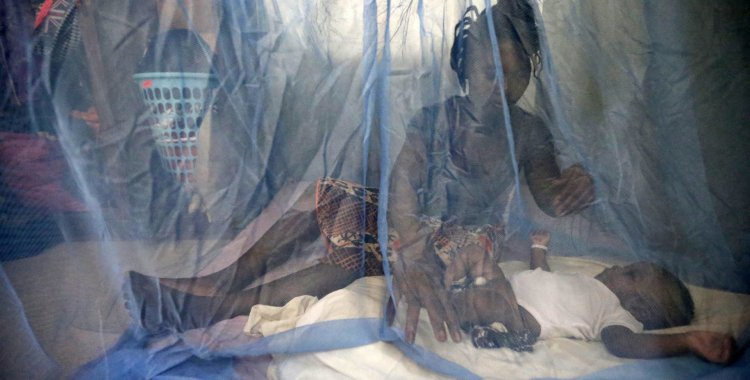"Angola is the fifth country [in Africa] with more cases and more deaths, about seven to 13 thousand people die every year because of malaria [which] in the last 20 years was the main cause of death", said Jeremias Agostinho to Lusa, reacting to the fact that Angola is not included in the list of 12 African countries that will now benefit from vaccines against malaria.
The first vaccine against malaria, the main cause of deaths and hospitalizations in Angola, will be distributed for the first time to 12 African countries in the next two years, as announced by the World Health Organization (WHO) and the Global Alliance for Vaccines and the Fund of the United Nations for Children (UNICEF).
For Jeremias Agostinho, the numbers on malaria in Angola show "how important" the vaccine is for the Portuguese-speaking country, which he considered a "priority".
"We had to have this vaccine to help our citizens. It was not achieved in that way, the country will have to make more efforts to achieve it by other means, by its own means to see if it can buy, because there are many Angolans dying from malaria", he said.
The doctor warned that the existence of a vaccine does not mean elimination of the disease, because the country has many risk factors.
"The ponds and garbage are still there", stressed the epidemiologist, stressing that Angola was one of the 30 countries that expressed their intention to access the vaccine, with 12 having been chosen, without clarifying "what is the weakness of each of the countries that were not selected".
"They only say that there are 12 that had the highest score when analyzing these aspects, the others will be left for later if there are more vaccines", highlighted Jeremias Agostinho, stressing that the selection of countries was made by a WHO technical committee, "so, the countries had no way to 'lobbie'" or interfere in the defined selection criteria.
Among the aspects of selection, added Jeremias Agostinho, were the number of cases and deaths in the countries, the impact that the vaccine would have on reducing mortality, equity in the distribution of vaccines, the countries participating in the studies and experiences of the vaccine and risk of the country wasting vaccines due to non-acceptance by the population, the organization of the country's own health system and the sustainability of access to vaccines.
Since 2019, Ghana, Kenya and Malawi have significantly increased the administration of the malaria vaccine through the pilot program, which has reached more than 1.7 million children in these three countries, proving to be safe and effective.
In addition to Ghana, Kenya and Malawi, Benin, Burkina Faso, Burundi, Cameroon, Democratic Republic of Congo, Liberia, Niger, Sierra Leone and Uganda will introduce the vaccine in their immunization programs.
Malaria is the main cause of deaths, hospitalizations and work and school absenteeism in Angola.
In 2022, according to the Ministry of Health, the Portuguese-speaking country registered 9.2 million cases, an increase of 0.4 percent compared to 2021, due to the covid-19 pandemic, which "made it impossible to diagnose and treat malaria", noting only that last year there was a 10 percent reduction in deaths from the endemic disease in the country.
Lusa contacted the Ministry of Health to obtain further clarification on the subject, without success so far.







